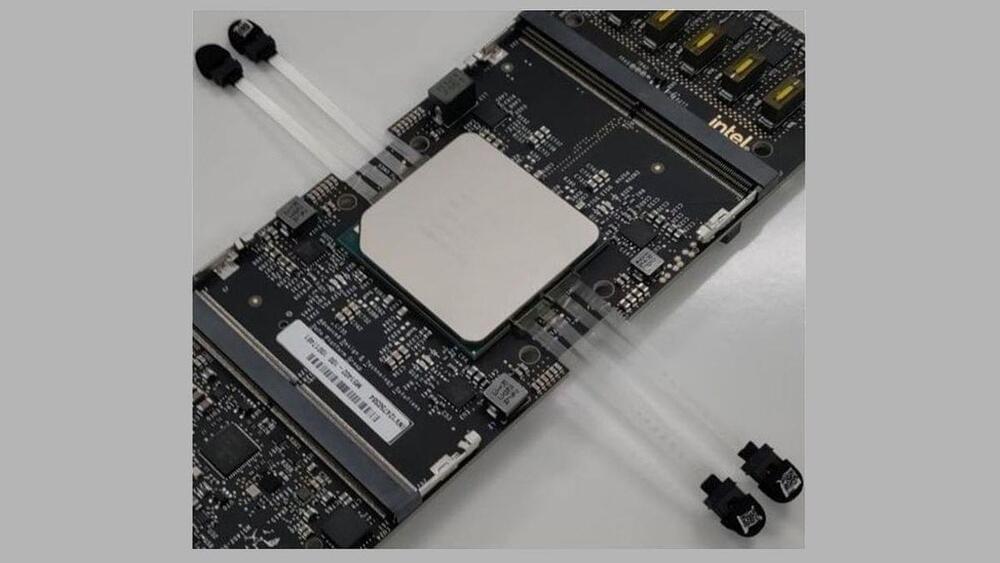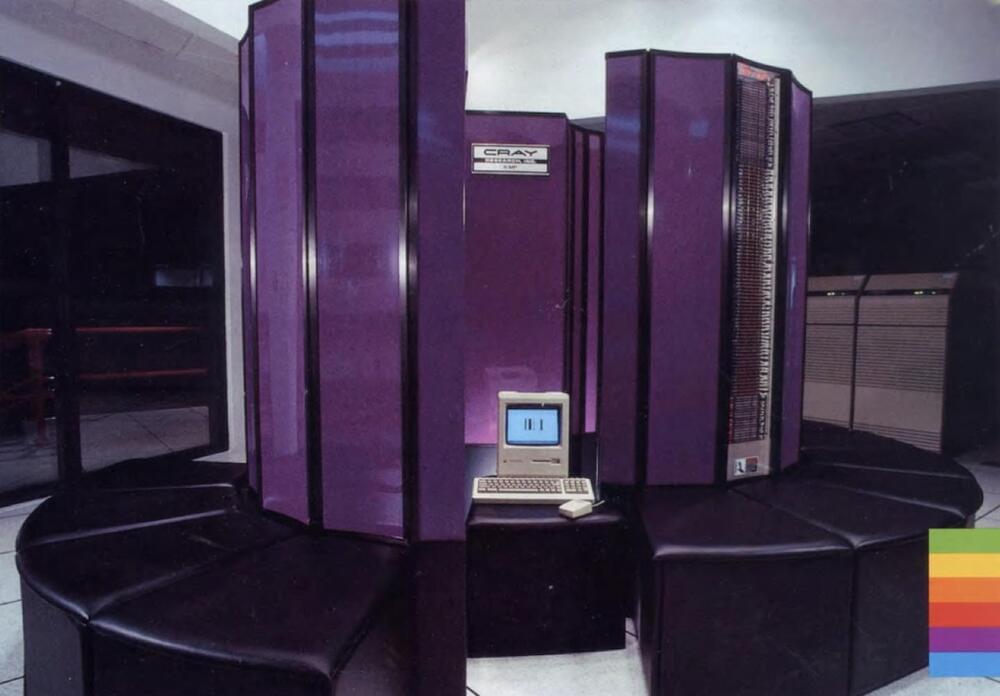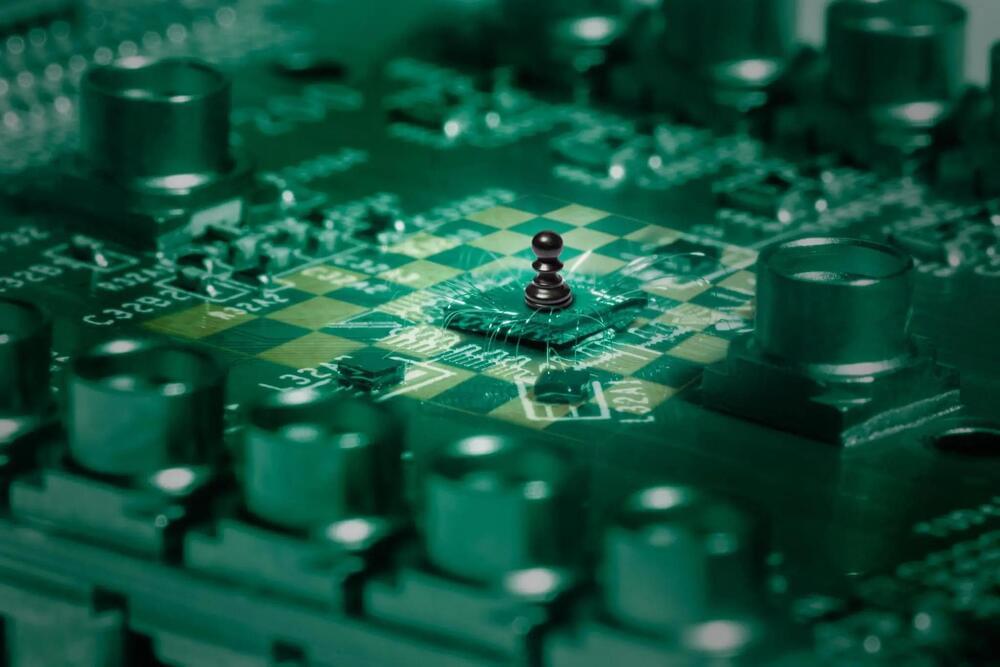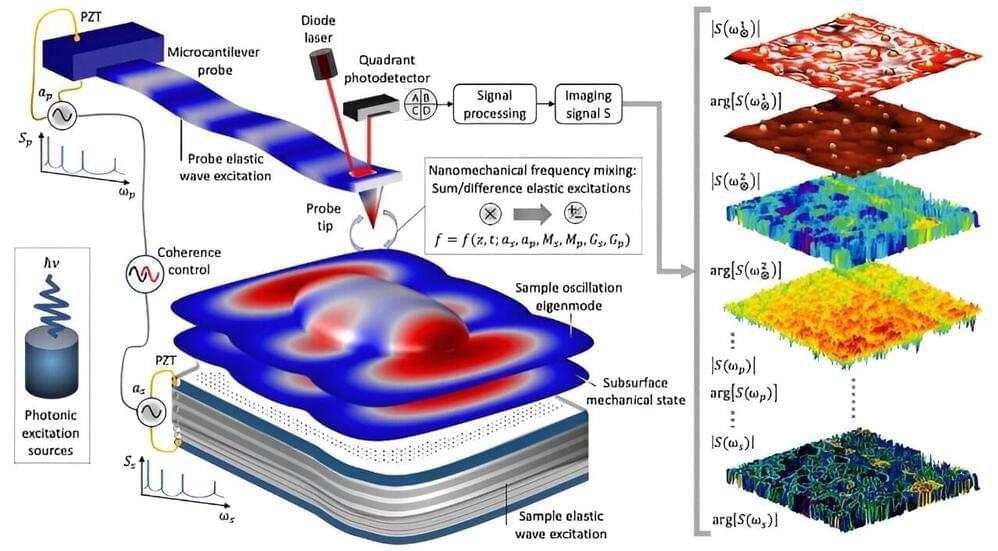Limestone spheroids, enigmatic lithic artifacts from the ancient past, have perplexed archaeologists for years. While they span from the Oldowan to the Middle Paleolithic, the purpose behind their creation remains a subject of intense debate.
Now, a study conducted by a team from the Computational Archaeology Laboratory of the Hebrew University of Jerusalem, in collaboration with researchers from Tel Hai College and Rovira i Virgili University seeks to shed light on these mysterious objects, offering insights into the intentions and skills of early hominins.
Spheroids are among the most enduring yet least understood archaeological artifacts, often considered as by-products of percussive tasks. However, the team’s research challenges this conventional wisdom. The central question at the heart of this study is whether these spheroids were unintentional by-products or intentionally crafted tools designed for specific purposes.






